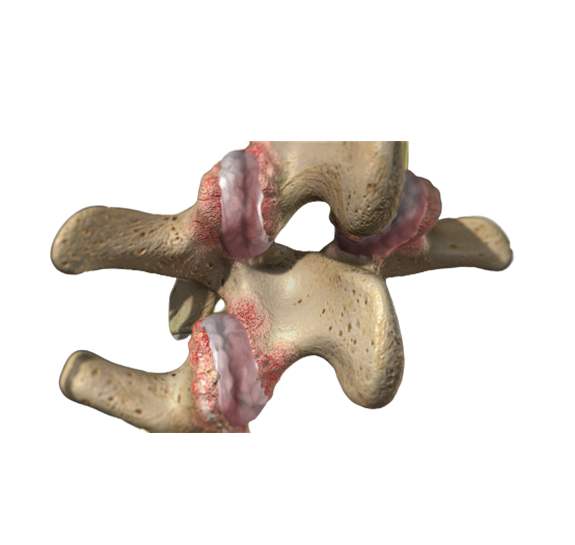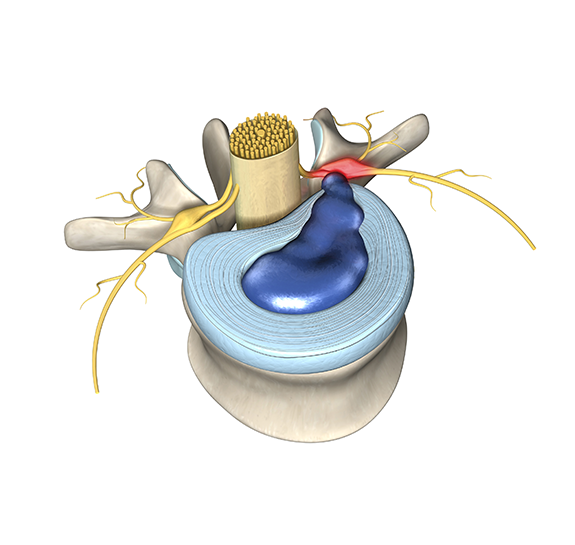Narcotic Painkillers: Not Worth The Risk
Narcotic Painkillers: Not Worth The Risk https://phoenixspineandjoint.com/wp-content/themes/psjoints/images/empty/thumbnail.jpg 150 150 Phoenix Spine & Joint Phoenix Spine & Joint https://phoenixspineandjoint.com/wp-content/themes/psjoints/images/empty/thumbnail.jpg As media coverage continues to focus on the growing epidemic of drug abuse and addiction to opioid medication, it is important to take a deeper look at the root cause of these potentially deadly situations. Despite misconceptions, the downward spiral of addiction to narcotics often starts with a visit to the doctor, resulting in a prescription for narcotic pain relievers. While some can find a sense of pain relief, many often find this leads to dependence and addiction.
As media coverage continues to focus on the growing epidemic of drug abuse and addiction to opioid medication, it is important to take a deeper look at the root cause of these potentially deadly situations. Despite misconceptions, the downward spiral of addiction to narcotics often starts with a visit to the doctor, resulting in a prescription for narcotic pain relievers. While some can find a sense of pain relief, many often find this leads to dependence and addiction.
As the strongest medications on the market, one would think that opioids would also produce the strongest relief, right? According to studies, this isn’t necessarily the case. When looking at the first 12 weeks of pain, patients taking narcotics do report a degree of pain relief and some increase in functional activity, but no more than is routinely reported in trials of non-narcotic drugs in the same circumstance. Along with that, there is almost no data showing benefits of narcotics after the pain has been persistent for 12 weeks or longer. In fact, some studies even show that narcotic use can actually lead to more pain as a result of adaptation over time.
The side effects
With little to no benefits, the side effects from narcotics are even worse. Typically beginning with constipation, other reactions include nausea, abnormal hormone levels and depression. Men may see testosterone levels fall, which can negatively affect their libido. Your whole body feels the side attacks and life-threatening things, like heart attacks, are more common.
Ask for alternatives
So how do we deal with this epidemic? First and foremost, patients should recognize the important role they play in their own medical decisions by asking any doctor who suggests prescription narcotics if there is an alternative. For those who are currently prescribed narcotics, use medical help from your doctor to wean off of the medication.
A simple question can help identify if you have an issue: how long have you been taking narcotic painkillers? If it’s more than seven days, it’s probably too long. The truth is that narcotics are not very effective for treatment of pain and there are usually better options. It’s almost impossible to become pain-free while taking them.
Sounding the alarm
In March, the Center for Disease Control was the latest authority to ring the alarm bells for physicians. They put out guidelines limiting the recommendations of narcotic pain medication prescription to three days, and almost never more than seven days of treatment. The government is also taking notice, as seen in Massachusetts where last year the population averaged four deaths per day due to accidental overdose of prescribed pain medications. State legislature passed a law this year limiting new narcotic prescriptions to seven days with an explicit goal of working to dramatically reduce the number of related deaths in the state.
Despite not even working well, narcotic painkillers are a serious problem in our society with side effects that can truly ruin, or even end, someone’s life. For the first time since the discovery of penicillin, the average life expectancy for American males has begun to decline due to complications of opioid overdose. While it’s understandable to want to deal with pain, keep yourself informed and ask the right questions to keep yourself safe from possible opioid addiction and overdose.
Walking the Walk
At Phoenix Spine Surgery Center, we’ve dramatically reduced the frequency of narcotics prescriptions with our patients – with no negative effects to date. At this point, just 28% of our surgical patients receive a prescription for painkillers after surgery, as opposed to a national average of 98%. And for the limited number of patients for whom we do prescribe painkillers, we typically limit the prescription to 7 days and expect they should be able to control their pain with non-narcotics. Our minimally invasive surgical approach helps our patients recover faster. By limiting narcotics prescriptions, we are doing our part to make sure we are not inadvertently contributing to the opioid epidemic.

- Posted In:
- Addiction






